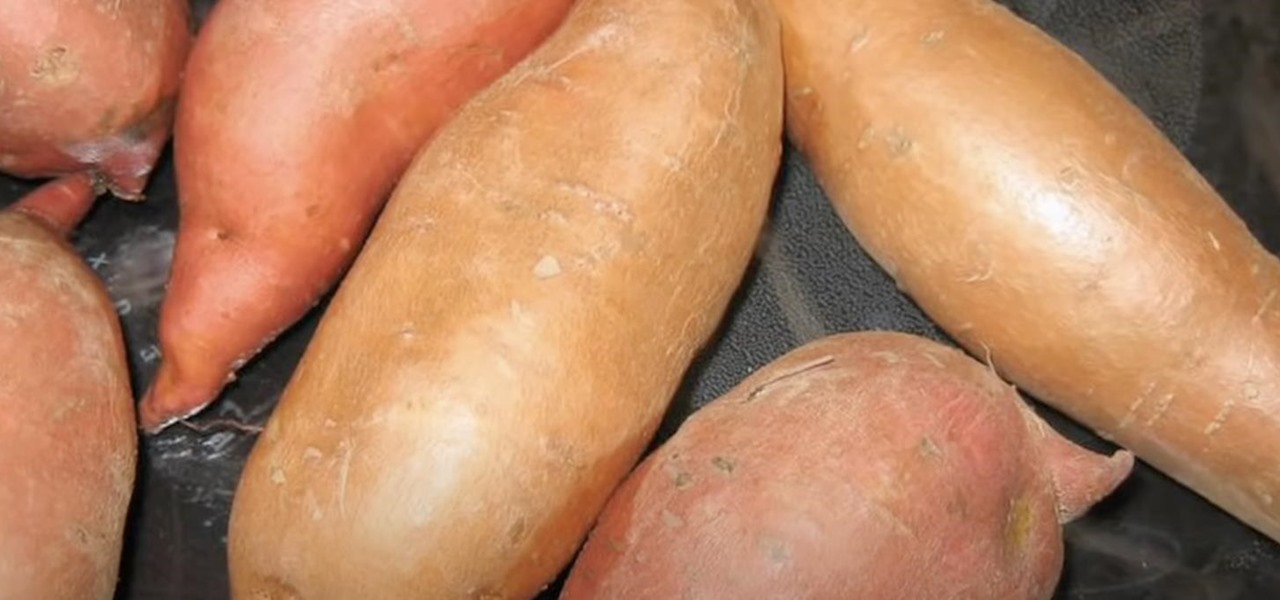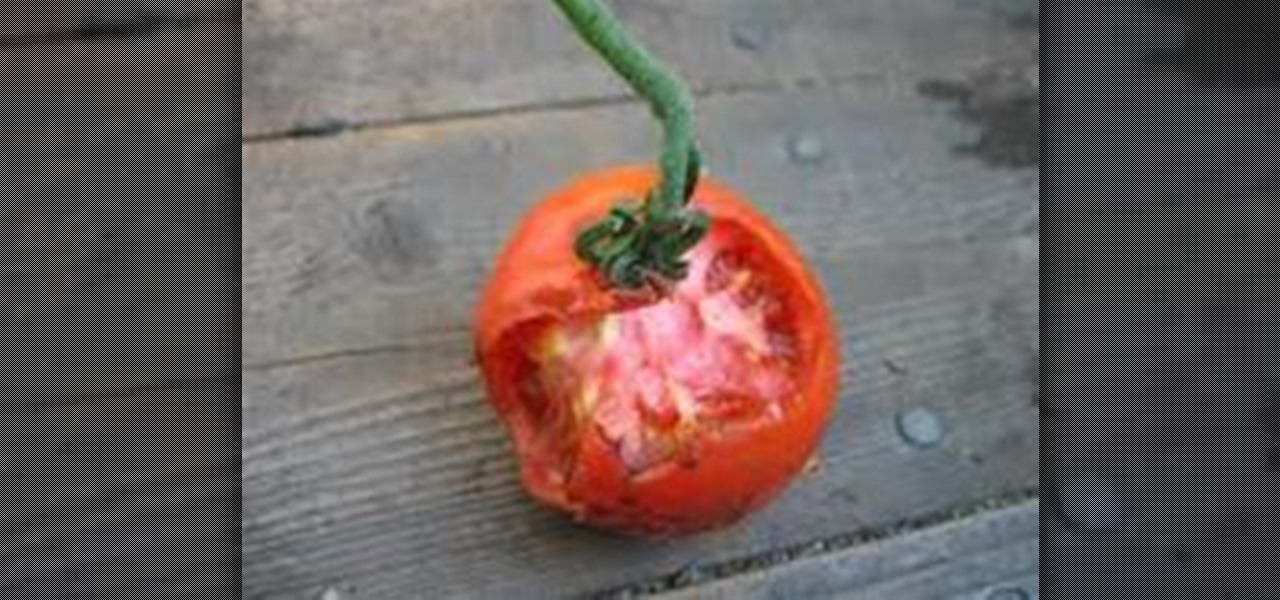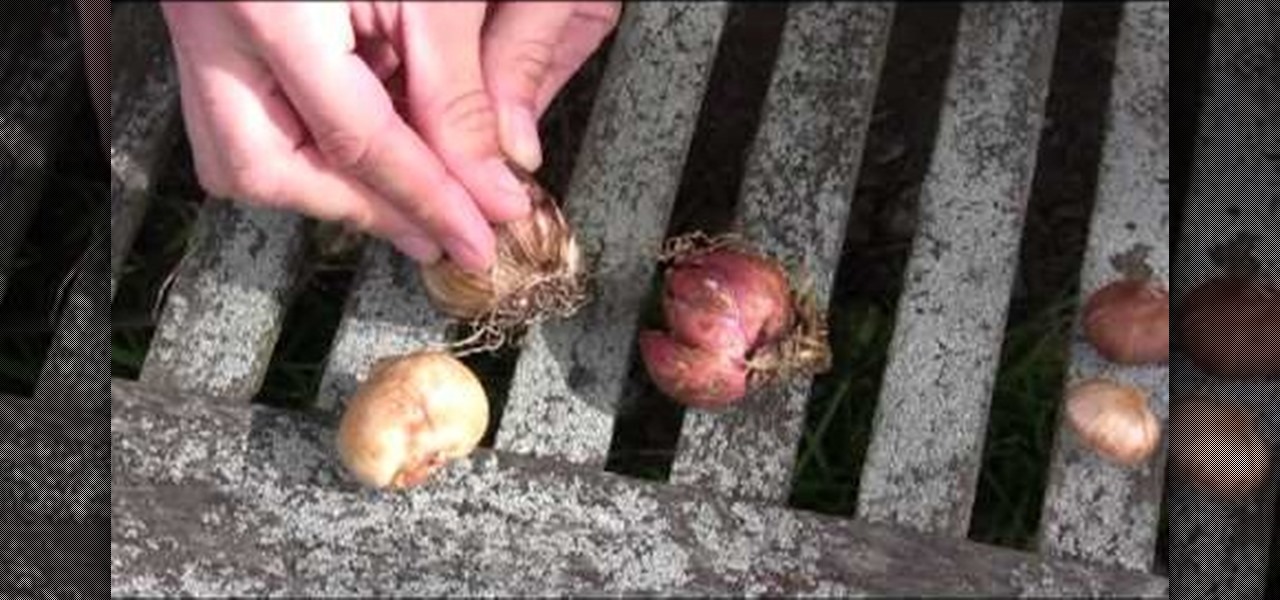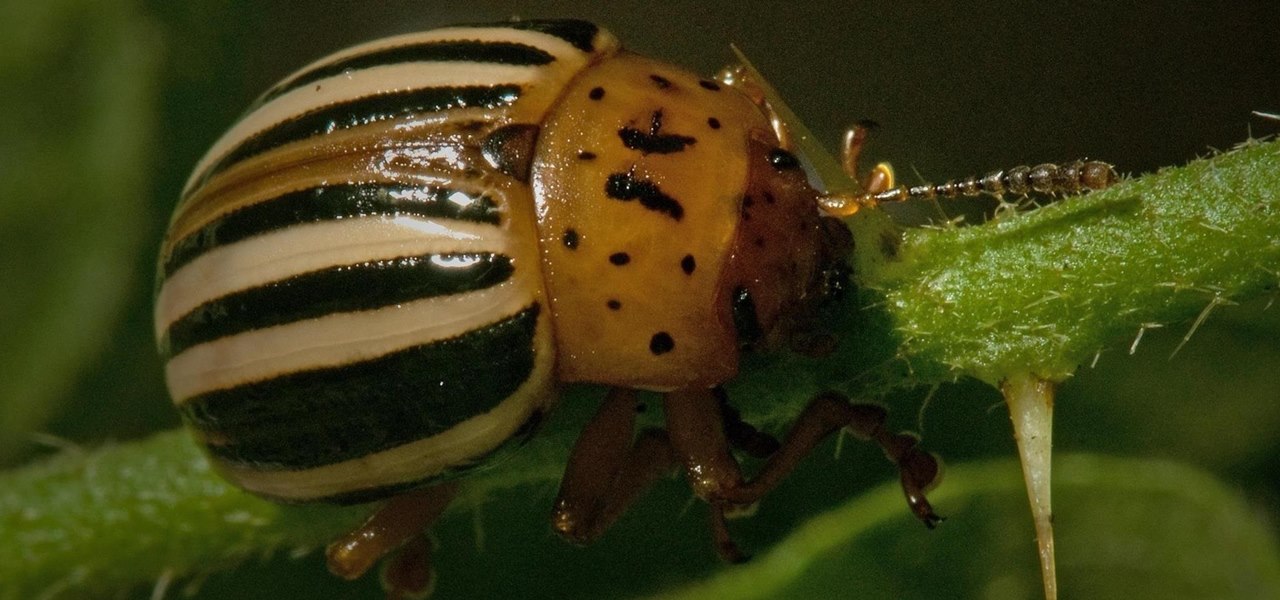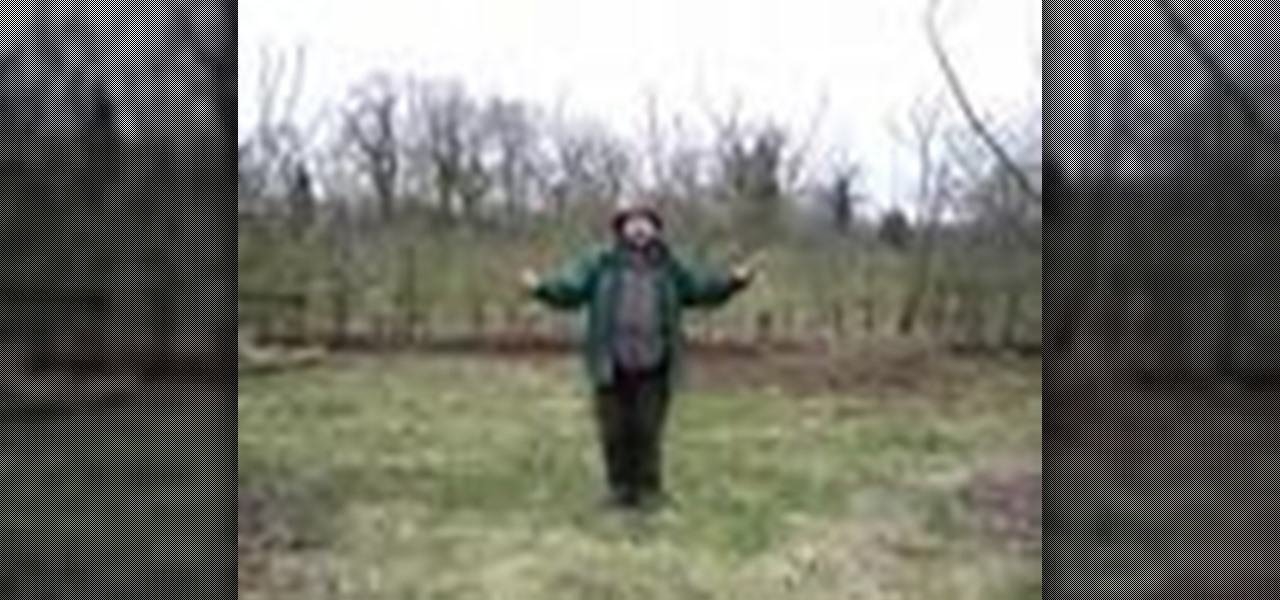Hot Gardening Posts

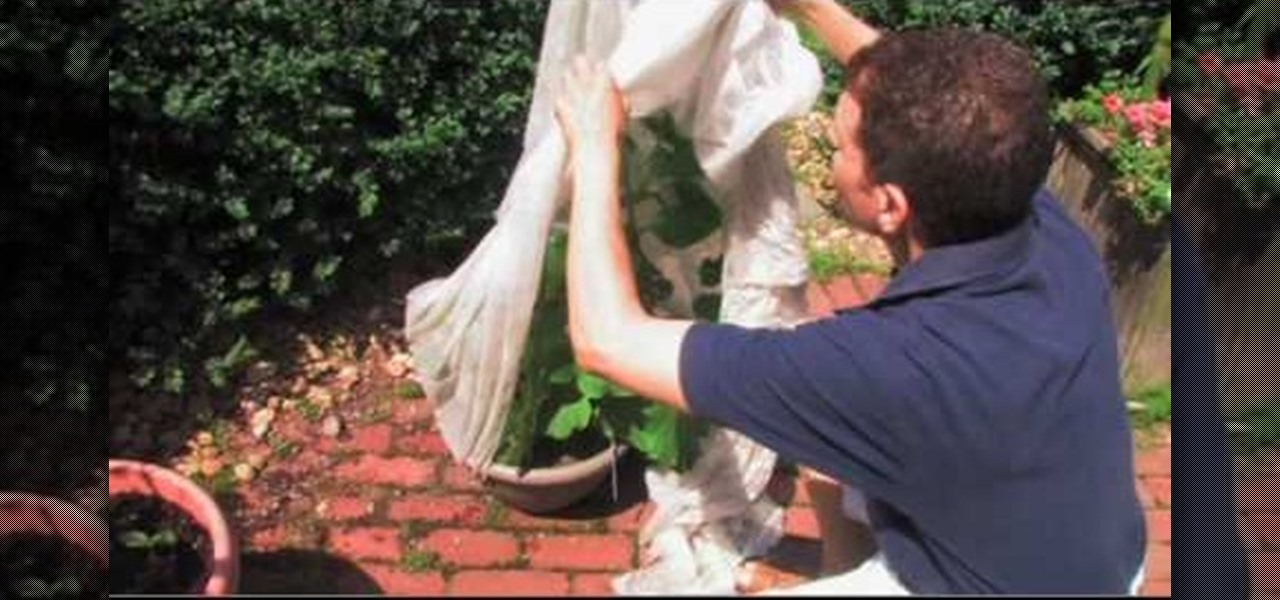
How To: Prevent cucumber beetles from destroying your plant
When you're starting a garden, you need to be wary of what kind of dangers may be waiting for your plants. If you're growing veggies, this is especially important since certain things can kill them fairly quickly.
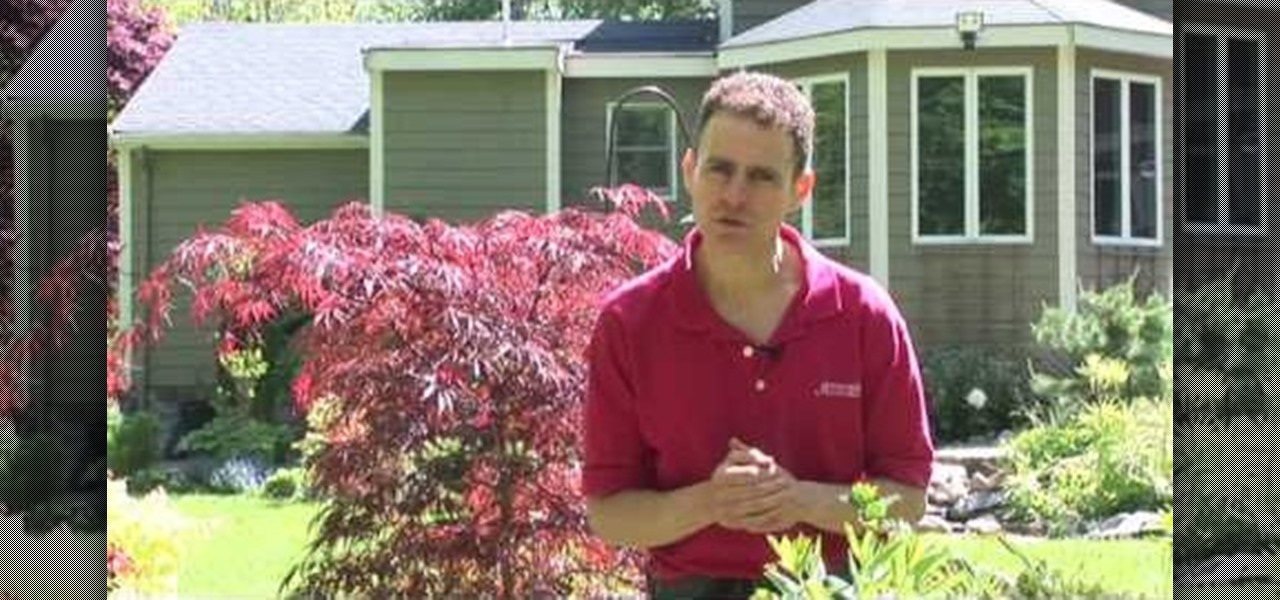
How To: Design your landscape using Japanese maples
If you're looking for a plant that will add color to your landscape as well as work well in smaller areas, a Japanese maple might be what you need. There are a variety of different maples that exist and each one has their own benefits for being planted in a yard.

How To: Use a Japanese painted fern in your garden
In the plant world, not all things are green. This also is especially true for ferns. These plants can grow in a variety of different colors and differ from many other types as well.
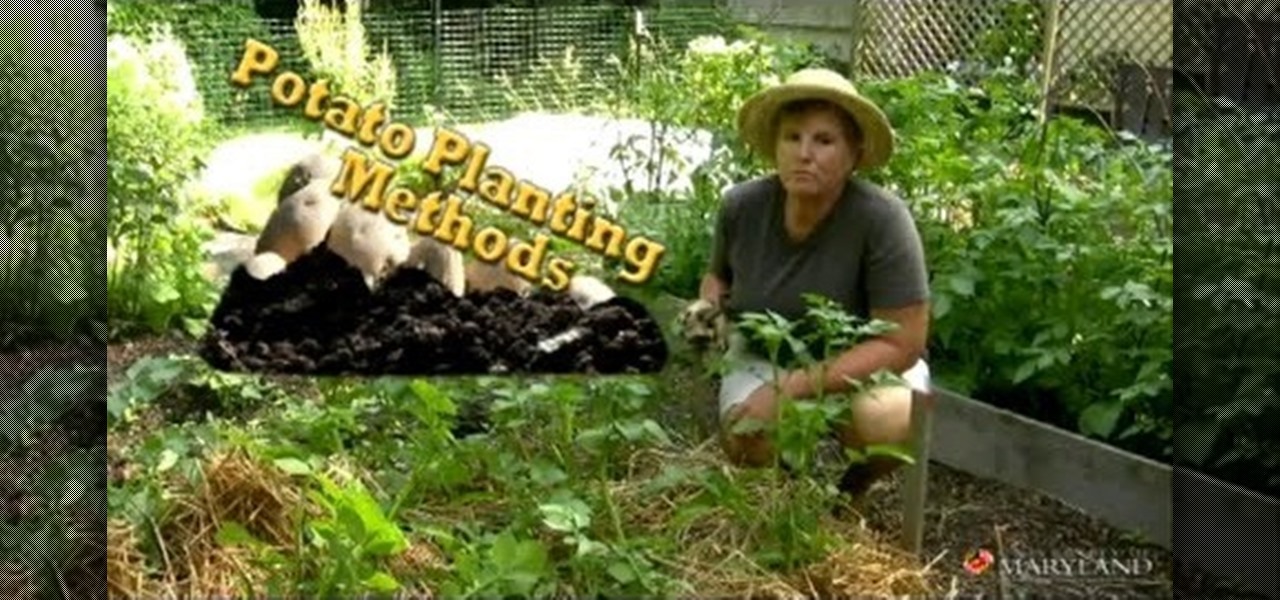
How To: Plant potatoes using a couple different methods
If you're having problems growing potatoes in your yard, you may have to try another method. Using different methods is very common when growing plants since certain areas may require more or less of a certain ingredient.

How To: Protect your eggplants from nasty little critters
Growing a garden isn't a walk in the park. Besides watering the plants and choosing the right kind of soil, one of the biggest threats is also one of the smallest. Bugs can be a major factor when planting certain fruits or veggies in a garden and should be taken care of as soon as possible.
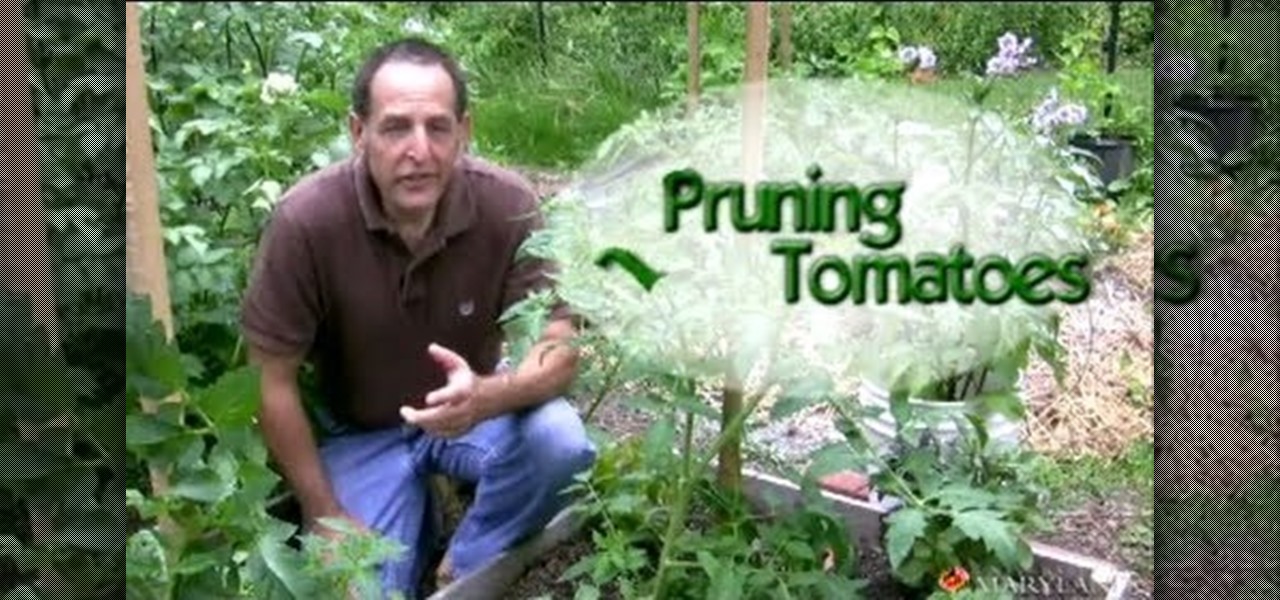
How To: Prune tomato plants by removing the suckers
Pruning is a very important part of gardening that makes sure plants get nutrition, stay away from disease, and promotes continuous growth.
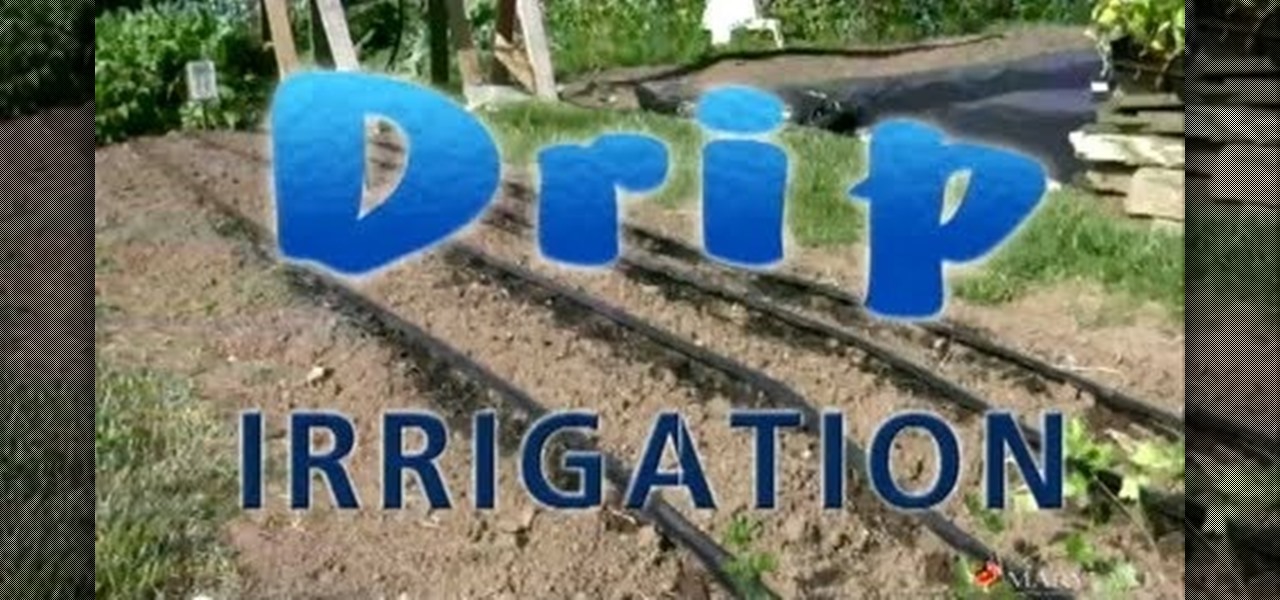
How To: Use a drip irrigation system for your plants
Using a drip irrigation is nothing new for when it comes to watering plants. This type of system has been used for many years and is still used to this day.
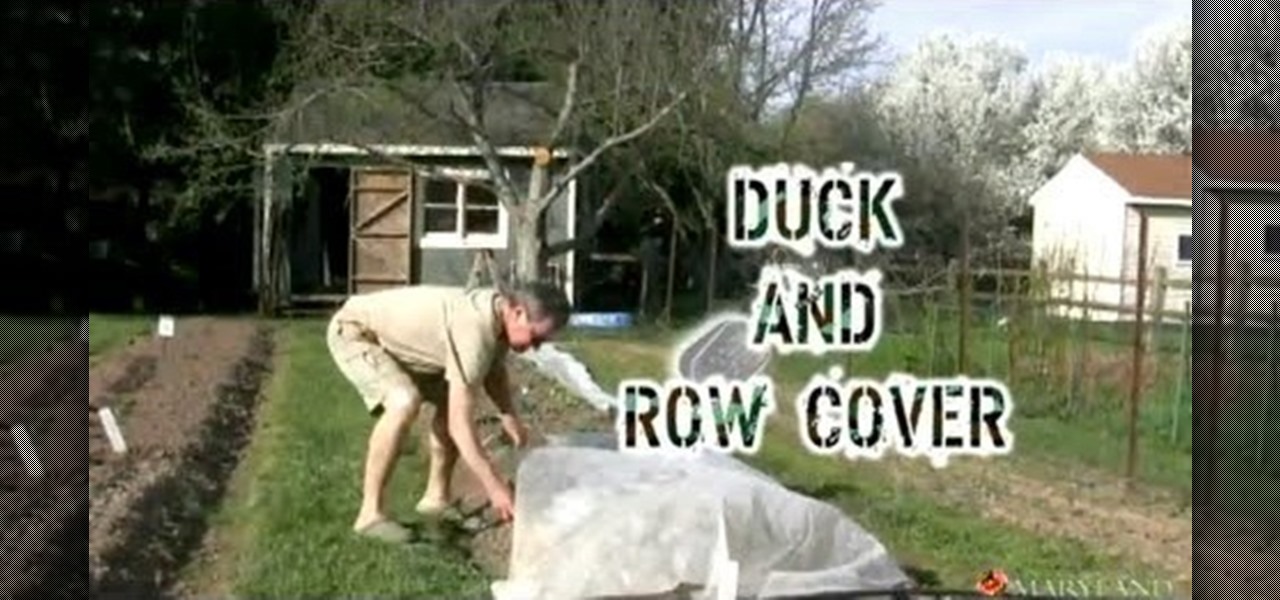
How To: Use a row cover to protect your garden easily
If you want to protect your garden from pests, the sun, or even the harsh winter months, then applying a row cover is a great idea.
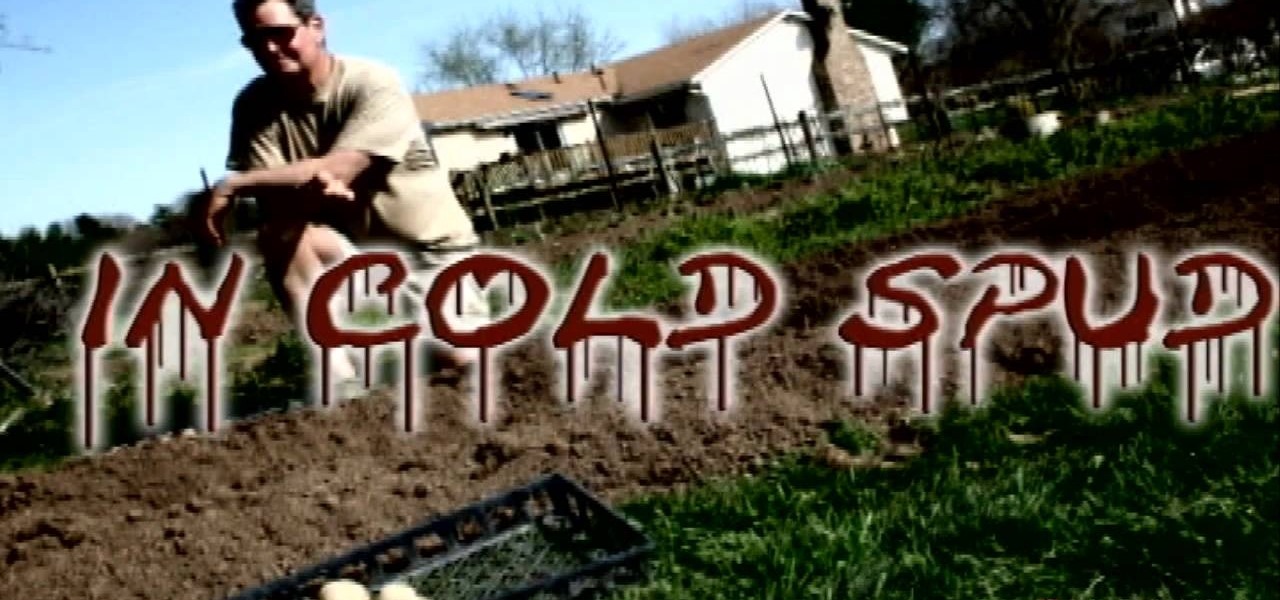
How To: Easily plant potatoes in your garden
In this next gardening tutorial, you're going to find out how to plant your very own potatoes from scratch. It's a great way to save money and make sure that you a veggie that isn't covered in any sort of chemical.

How To: Remove mile-a-minute weeds in your yard
If you have a long, piece of weed that needs to be removed from your garden, then this video may help. In this tutorial, you'll find out what a mile-a-minute weed looks like and how to remove it from your yard.

How To: Choose and use the best mulch for your garden
If you're having a hard time choosing the right mulch for your garden, then this video may prove useful to you. In the tutorial, you'll find out how to choose and use the best mulch for your garden.
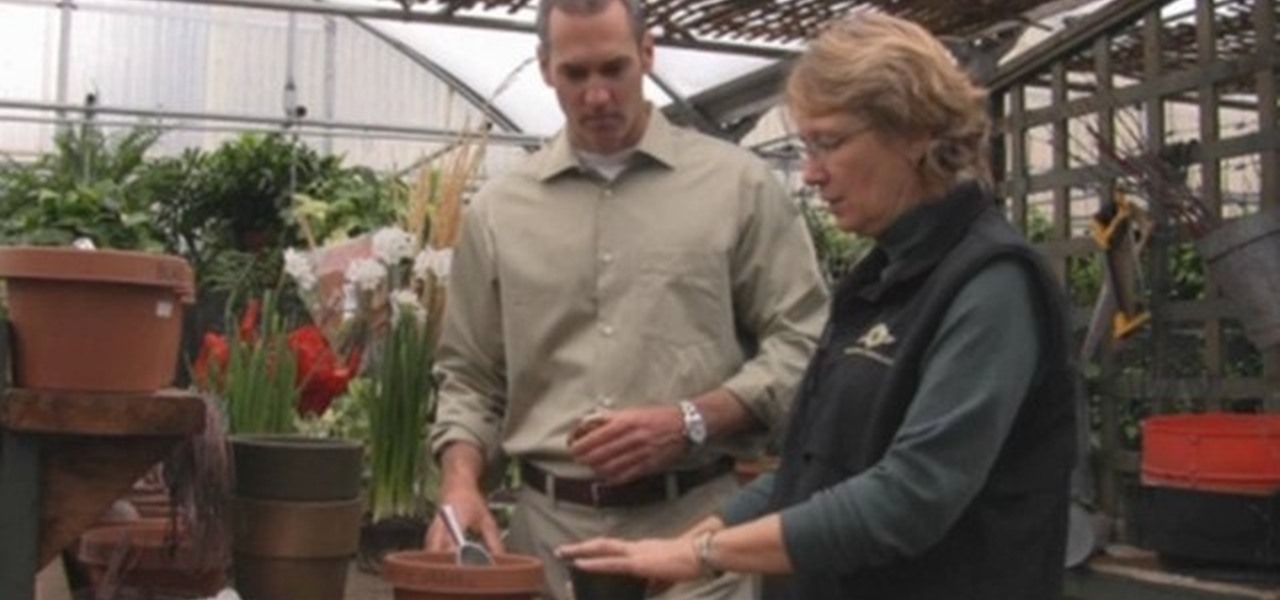
How To: Plant narcissus bulbs
In this tutorial, we learn how to plant narcissus bulbs. To pick out the best bulbs, look for a nice healthy sprout and a nice firm bulb. These plants grow very fast and they grow during the winter. You can plant these and within 2-4 weeks you will have flowers growing. You can plant either a small or large bulb, just make sure it's healthy. To plant these, you can either grow them in rocks and water or soil. To grow in soil, place the bulb all the way into the soil then pour water into the p...
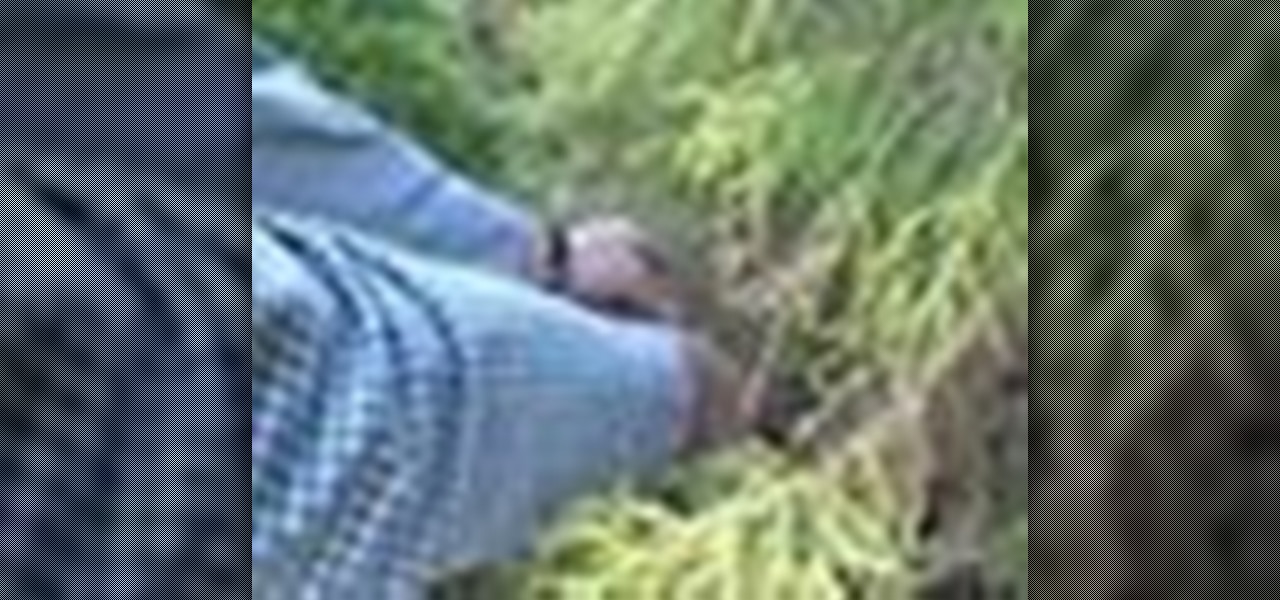
How To: Prune arborvitae, junipers, and chamaecyparis
In order to prune arborvitae, junipers, and chamaecyparis, you will need the following: pruning sheers/clippers.
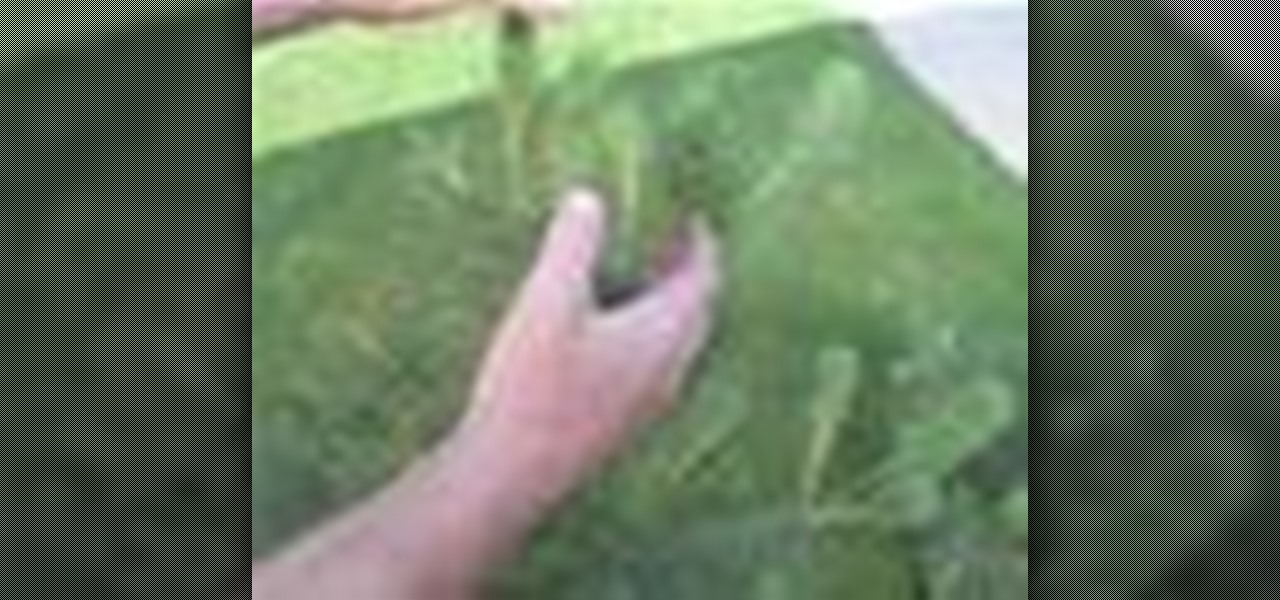
How To: Prune pine shrubs or trees
In order to prune pine shrubs or trees, you will need the following: pruning sheers. Conifers can be pruned, whenever they aren't growing. Pruning when a plant is actively growing will retard the growth. Therefore, if you need to restrict the height of a tree or shrub, then you would prune it, when it is in active phase. New bud formation will begin at the point where you trim. Future trimming should be done where new bud growth is found.

How To: Collect fern spores for propagation
In this tutorial, we learn how to collect fern spores with Nancy Swell. If you turn a fern over, you will see the spores on the back of them. The green spores are green and will not shed from the plant. You will first need to collect the fern leaves and place them in an envelope so they dry out and the spores are released. When they are dried, you will see a substance that looks like dirt in your envelope. When finished, separate the light spores from the dark ones, and use how you wish. Make...

How To: Prune hybrid tea roses
In this tutorial, we learn how to prune hybrid tea roses with Peter Kukielski. When pruning, look at the entire plant and cut the upper branches to simplify the plant. You will remove the bush down to 12 or 14 inches. If you have a lot of branching, reduce them by trimming at the bottom and another branch will grow in where that was. Also, remove any buds that are swollen and aren't going to grow out. You can also trim off any interior growing buds that are growing the wrong way. If you notic...

How To: Pinch coleus plants
In this tutorial, we learn how to pinch coleus plants. This plant is great for containers and the garden, but you need to pinch it for it to become more full. If it's not pinched, it will grow straight up without and lateral branching. To do this, pinch off the stem right at the base of the stem. You can do this with a pruner or your fingernails. So, instead of one stem coming from the middle, two stems will come up from separate sides. You can be rough with this plant and pinch the stem many...

How To: Easily plant canna 'tropicanna' in containers
If you're out of space in your garden, you can either remove old plants to make room for new ones, or use containers. The great thing about containers is the ability to move them around to different locations in your yard and can easily be managed.
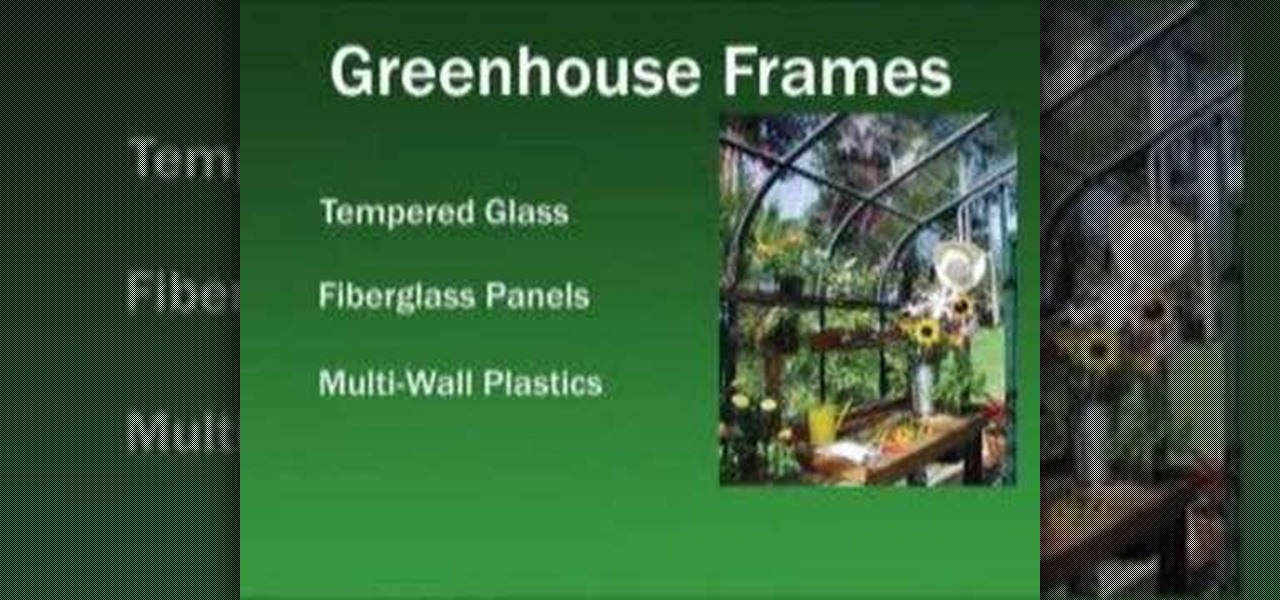
How To: Build a greenhouse to grow flowers or vegetables
In this tutorial, we learn how to build a greenhouse to grow flowers or vegetables. A greenhouse means the growing season doesn't have to end. You should plan the greenhouse out on paper before you begin, and allow space for walkways, location, and more. Make sure you can afford one and know that it will cost more for you to keep the climate in this preferable to grow plants. You can put a number of different glasses on the greenhouse, so pick which one you can afford and prefer the most. Pla...
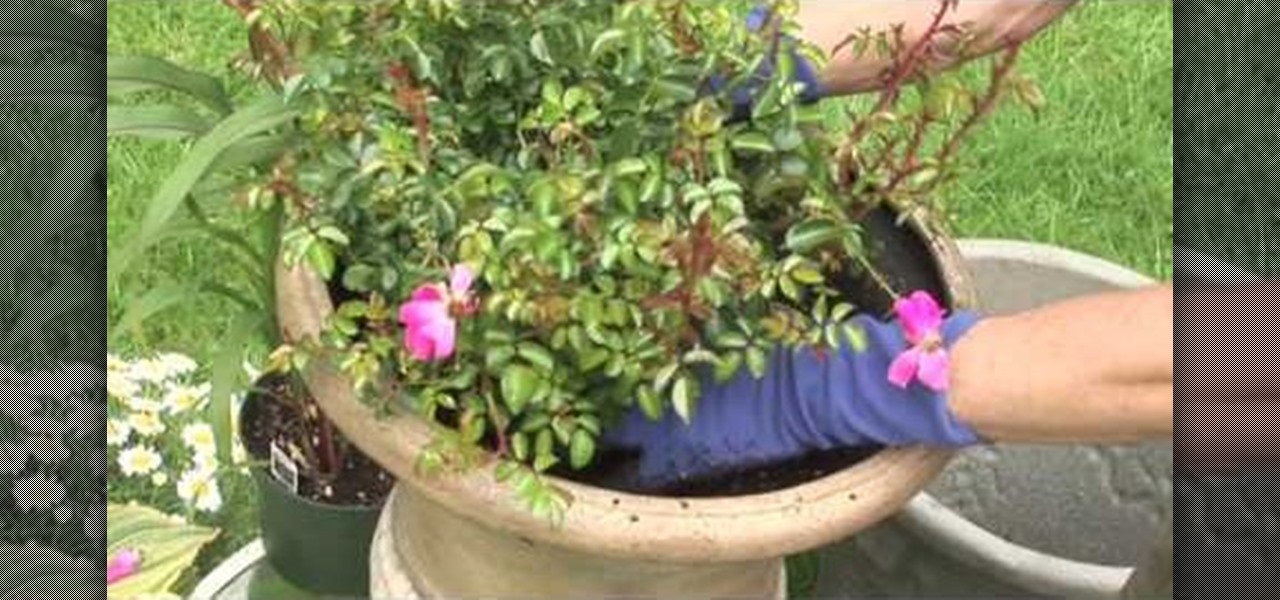
How To: Plant carpet roses in a container
If you're looking for a way to add more flowers to your garden, but are out of space, then try using a container. Containers are perfect for holding one or several different types of flowers. Roses can also be grown in containers as well.

How To: Let Mother Nature take care of roses during winter
Every time fall rolls around, gardeners tend to take their time when pruning plants in their garden. Roses are the most commonly pruned plants during the fall since many are trying to help protect them before the cold winter months arrive. But it's sometimes best to listen to Mother Nature on when is the best time to prune.

How To: Harvest herbs like basil, cilantro, dill, and chervil
In this tutorial, Susan Belsinger tells us how to harvest herbs. Don't let your basil flower because it's an annual herb and it will set seed if you do this. When you put the plant out, you have to cut the plant so it doesn't grow out to much. When you cut, more leaves will grow and it will get to a foot tall. Cut all of your basil like this, and cut it once a month. By cutting the seeds, you will get 20 cups of leaves per plant during a season. If you don't cut your plant back, you won't get...

How To: Prune climbing roses
In order to prune climbing roses, you will need the following: ties and pruning sheers.

How To: Root prune container plants
In this tutorial, we learn how to root prune container plants with Lee Reich. First, remove the plant from the pot then take a knife and slice the root ball back. Don't worry about hurting the plant while you're doing this. Trim the roots around the plant until they have become small enough to fit into the pot again. You can also use pruning sheers to cut back loose roots that are too long. Now, place the plant back into the plant and fill it up with brand new soil around the edges. Keep wate...

How To: Divide and transplant an agave
In this tutorial, Jeff Moore shows us how to divide and transplant an agave. First, lay the pot over and hit the side a couple times. Now, the roots and soil will fall out. Now, break the roots and take the pups (baby plants) up. If you don't remove these, they won't grow into larger plants. It may be difficult to pull them out, just wrestle with it a bit so you can pull it out. Now, replant these into a new pot with cactus soil onto the bottom and a drainage hole in the pot. Make sure to wat...
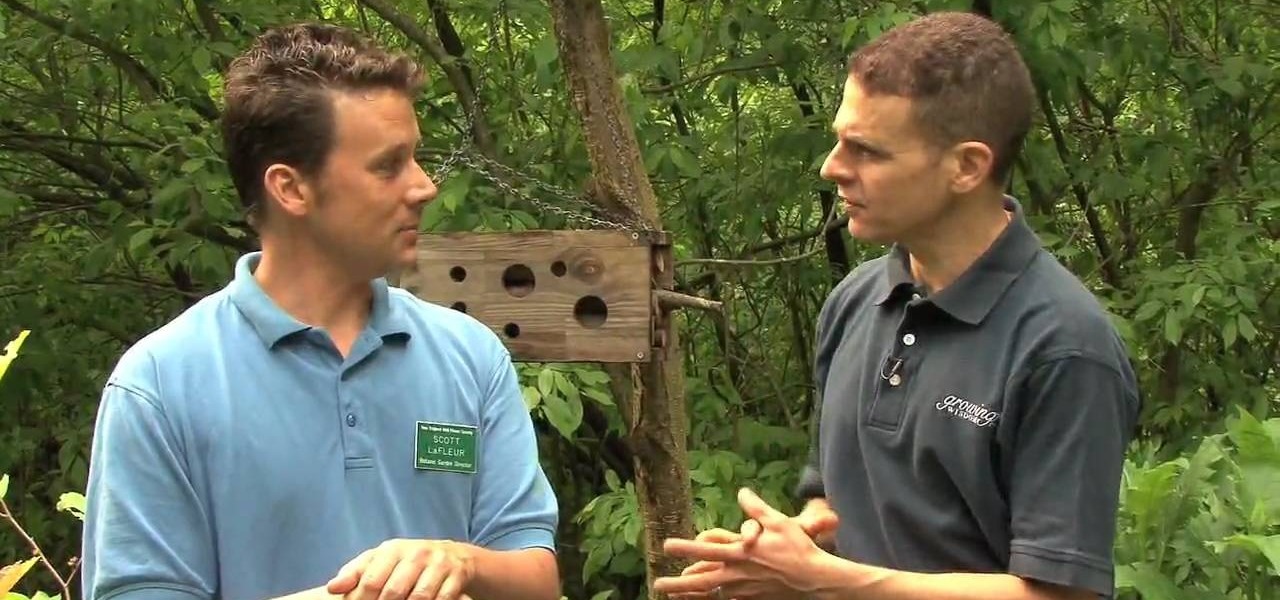
How To: Build a habitat garden in the woods
If you call the woods your backyard, then this next tutorial is for you. If you want to make something that all animals and insects can benefit from, then build a habitat garden. Not only can it offer food and nourishment, but it can also be a place that can be called home for many animals.
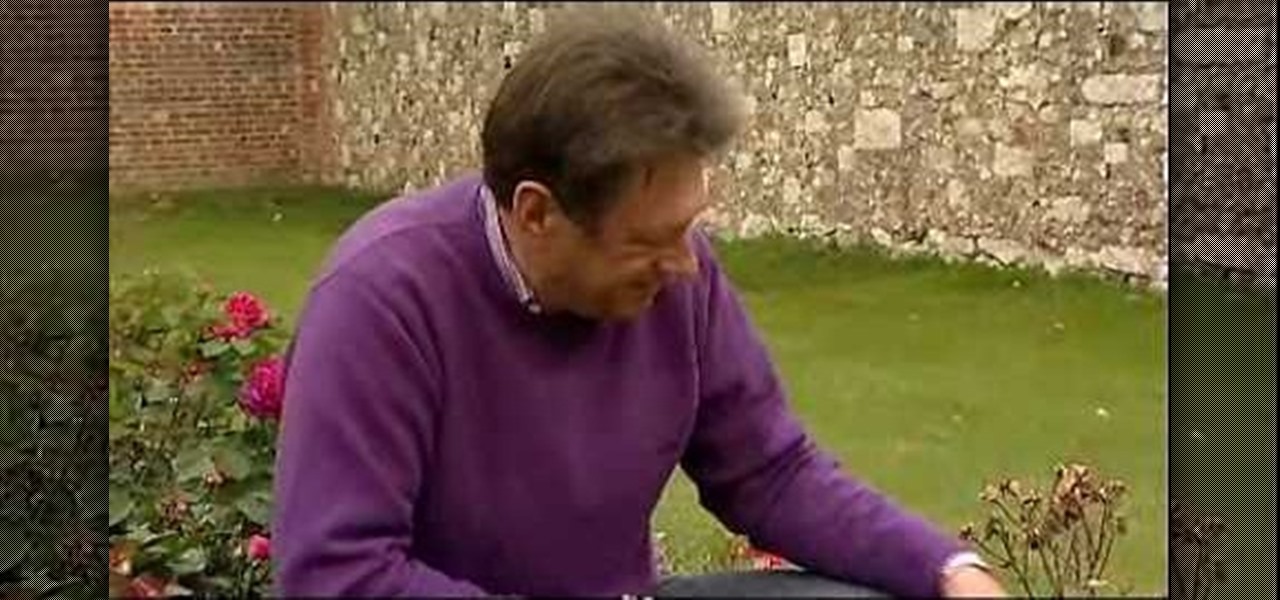
How To: Properly prune and trim your garden
Something that every gardener needs to know is how to prune and trim your plants properly.Being able to perform both of these functions is important for keeping your garden beautiful and making sure that they will last for a long time. When pruning or trimming plants, it's important to always use the right tools for the job.

How To: Take an accurate soil sample and test for fertility
In order to accurately test a soil sample for fertility, the first thing that you will have to do is find soil that is representative of the entire area. Also, don't test the soil near a fence. The sample shouldn't be deeper than 6". Scoop up some soil samples. You can use a trowel. Take samples from several areas. Set it aside for a few days, in order to let it dry.

How To: Prune floribunda roses
In order to prune your floribunda roses, in the spring, you will need the following: pruning shears/clippers.
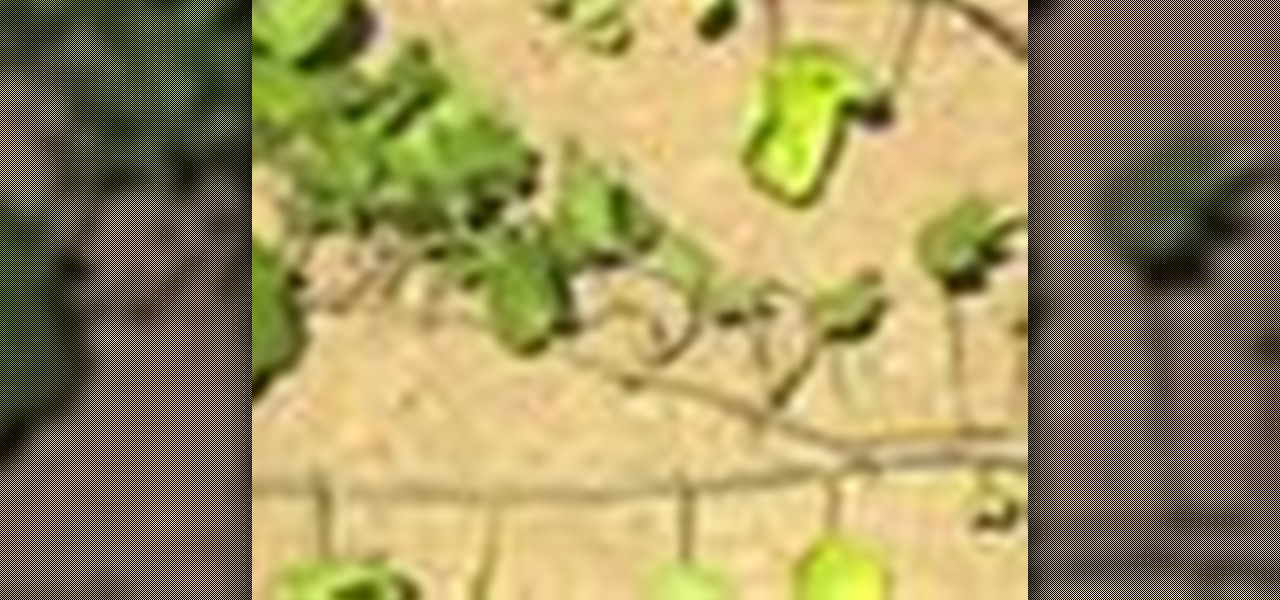
How To: Grow ivy plants
Every one knows what ivy is, but most think of it as the poisonous ivy that gives a horrible itchy rash, but poison ivy isn't the only kind out there. There's beautiful ivy that can make your home more elegant than ever. Growing the prolific ivy plant will convince you that you have a green thumb while adding fresh beauty around your house, indoors and outdoors.

How To: Create rhubarb leaf indents in concrete garden decor
You know how leaves that fall onto a newly fashioned, wet layer of cement create a beautiful indentation and mold of the leaf that stays on as long as the concrete stays there? Well, you can use a similar method to create concrete decor indented with rhubarb leaves.
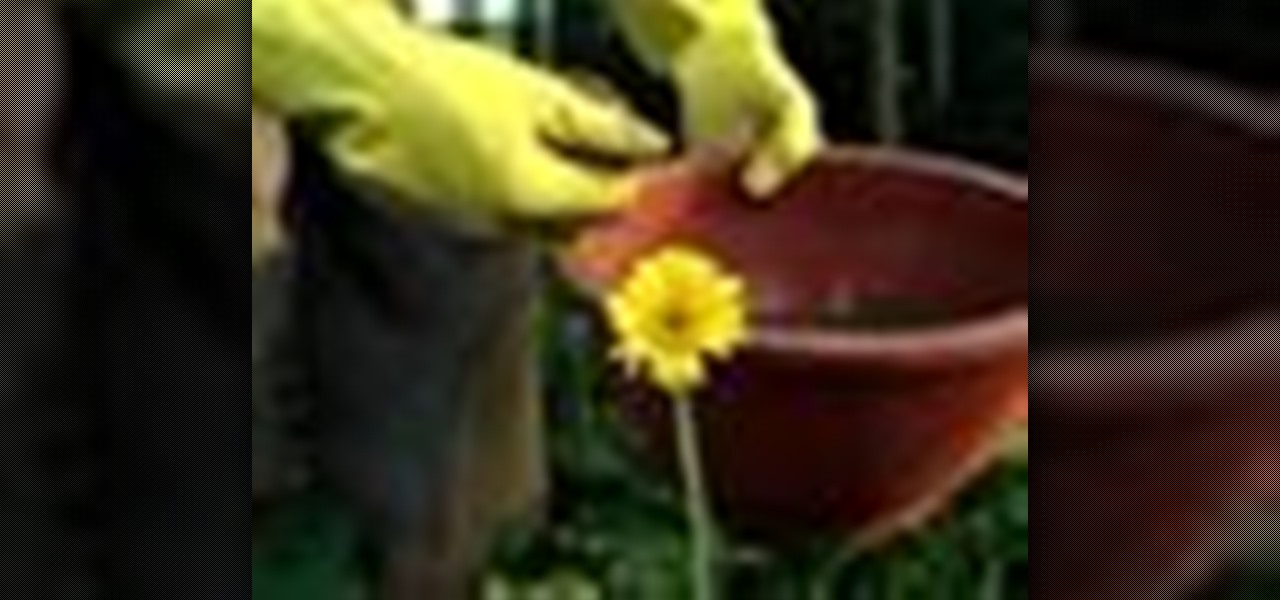
How To: Make fertilizer
The one thing that can make your home garden flourish is by taking care of it and meeting the needs of your plants. One of those needs is great fertilizer. And the best fertilizer comes from the heart, not the store. Get great results in your garden by making your own fertilizer and compost at home.

How To: Easily prune a young apple tree
If you have an apple tree growing in your yard, it's important to know that pruning it is a very important part of keeping it alive and growing. Pruning helps fight off certain diseases and helps maintain or improve the overall health of a plant.
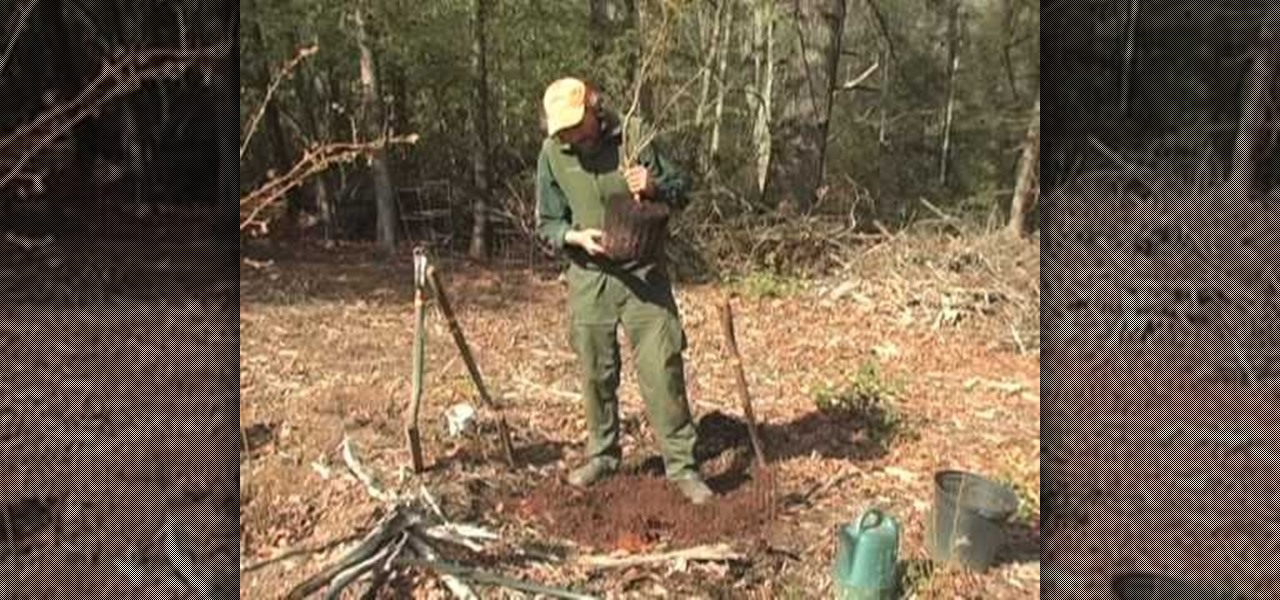
How To: Plant a blueberry bush in your yard
If you're looking for a fruit plant that will provide you and others with a great tasting fruit that is very nutritious, try the blueberry. Planting a blueberry ush in your yard is a pretty easy task to do and is something that you and others will enjoy.
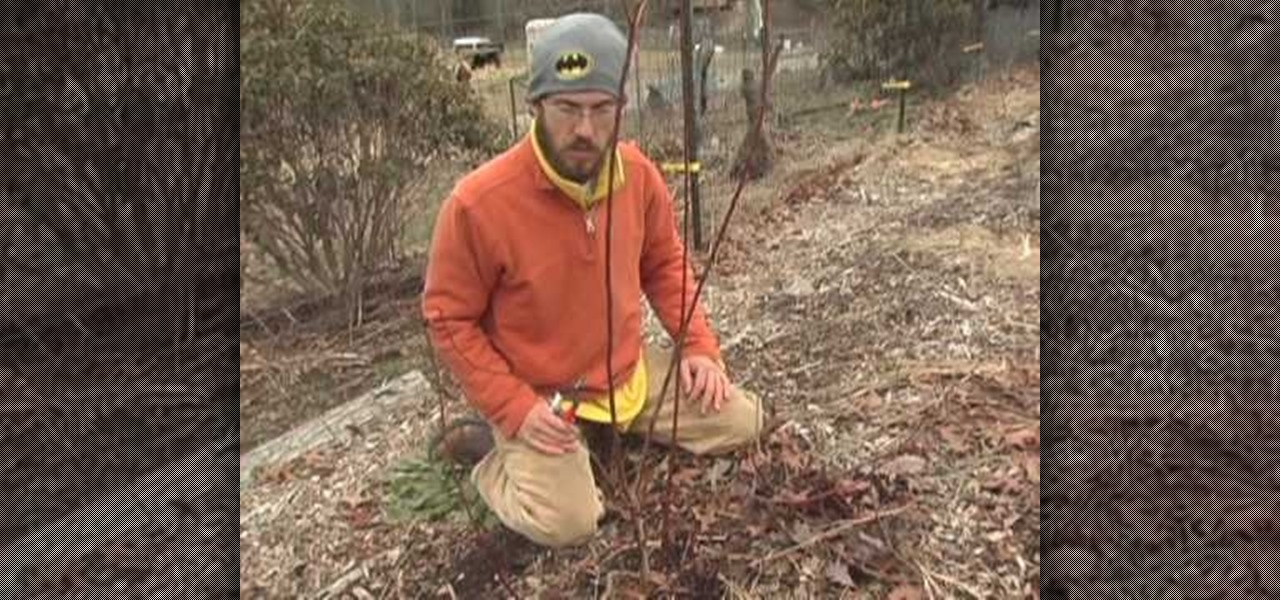
How To: Prune a young blueberry plant
If you plan on growing various fruits in your yard, know that each plant needs to be pruned at certain times of the year. Blueberry plants need to be pruned or burned over every two years so that any pests that may distrupt it can easily be taken care of. The result is a plant that will help produce beautiful fruit that is not only good for the body, but for the mind.

News: Beautifying London One Pothole at a Time
Guerilla gardener Steve Wheen has a simple solution for urban beautification: grow mini-gardens in potholes all over the city, simultaneously transforming ugly roads AND warning motorists and cyclists of potentially dangerous potholes.
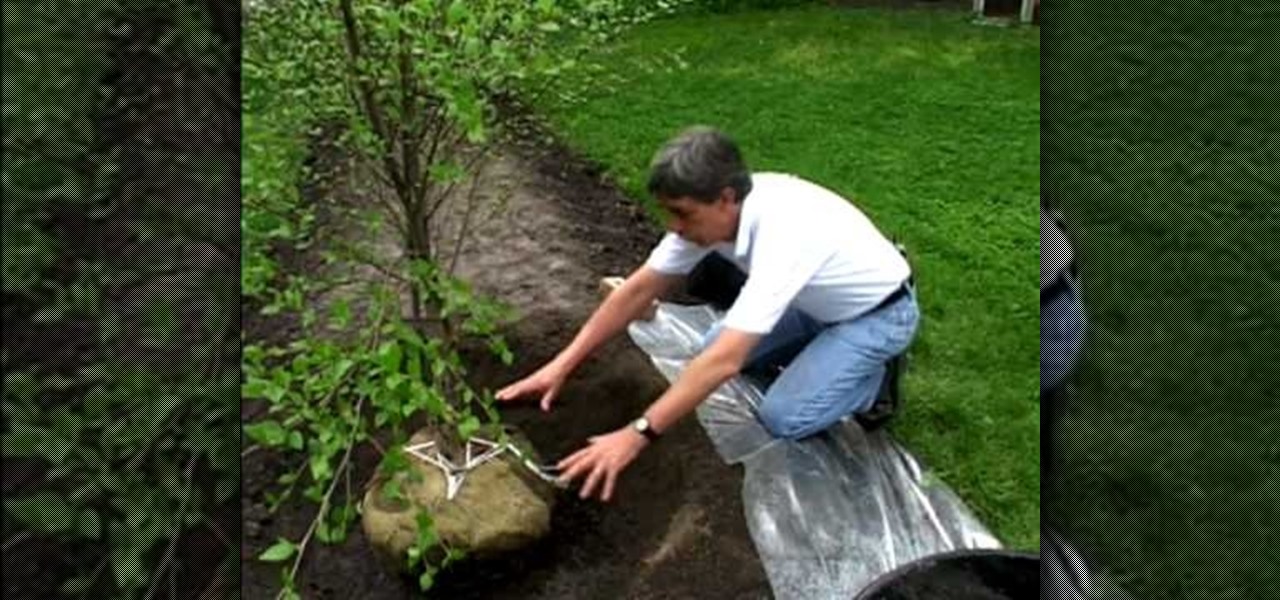
How To: Plant a tree outside your home to save energy
You may not realize it, but saving energy is as easy as planting a tree. Literally. Finding a great shade tree for a certain area outside your home, can help save energy in your home by offering some free shade during hot summer days.
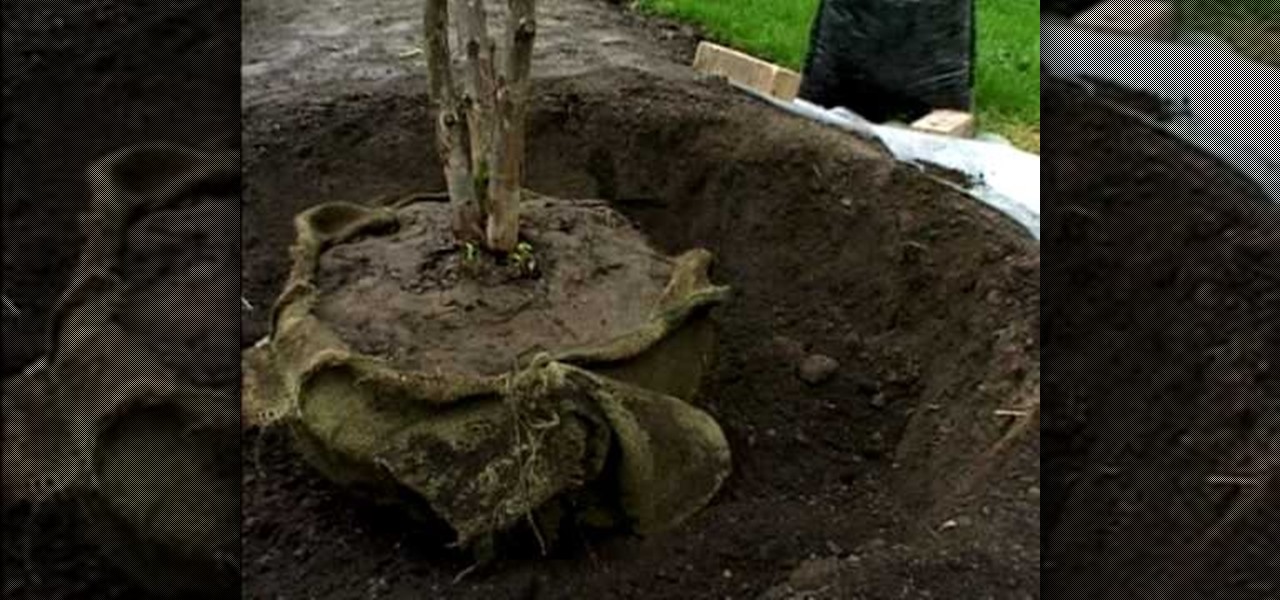
How To: Plant a shade tree to help save energy
You may not realize it, but planting certain vegetation around your home can actually help you save energy. Plating trees is also a great way to help add some shade to your home that can bring a cool feel to an area during the hot summer days.
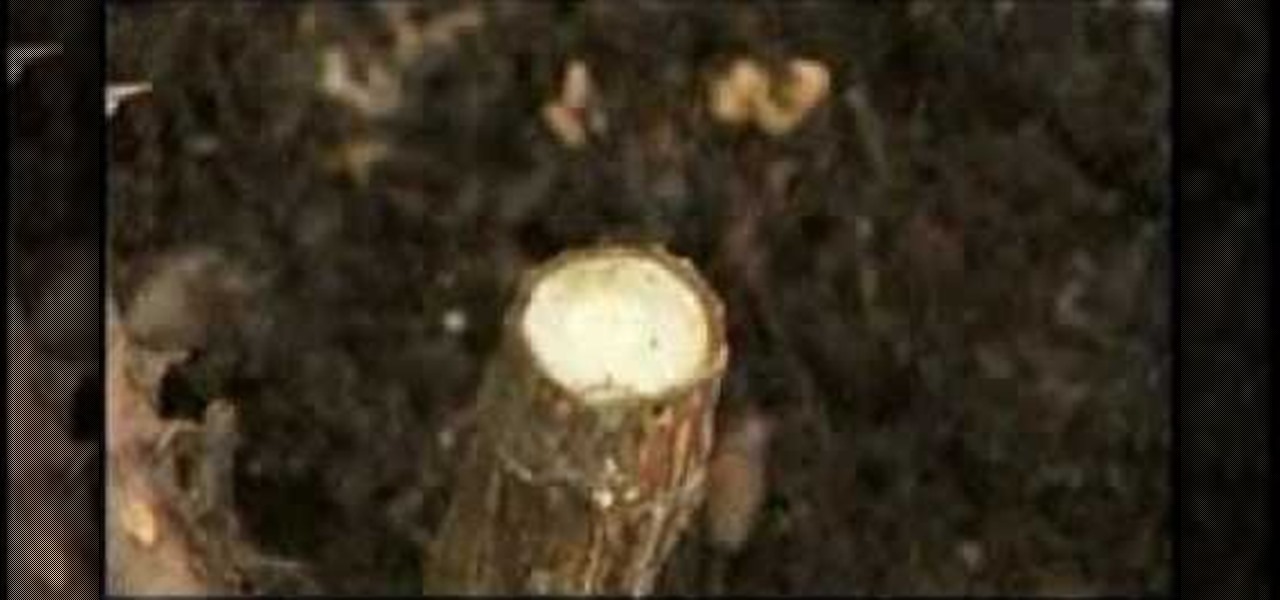
How To: Prune roses and spot dead branches
In this video tutorial, viewers learn how to prune roses. Users will need a pair of garden trimmers or cutters. Observe the rose stem and check to see if there are any thorns and if it has a black color. If it does, it needs to be cut. Then remove the mulch around the canes. When cutting, go as deep as you can to allow the new cane to fully develop. Cut the cane and make sure that you see clean, green tissue. This video will benefit those viewers who enjoy gardening, and would like to learn h...
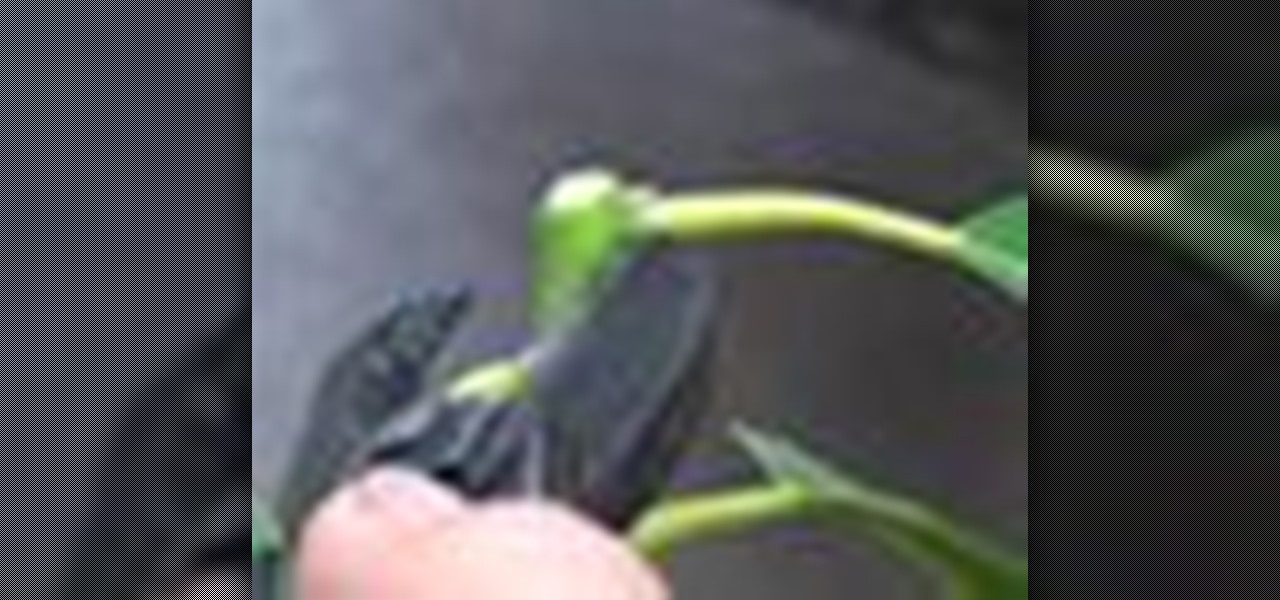
How To: Cut when pruning plants
In this tutorial, we learn where to cut on plants to prune. A plant that has a woody stem can be shortened between the leaves, making sure to cut it towards a node because this is where it will heal most rapidly. If you cut it too close tot he bud it will dry out and healing will not occur. Slope the cut away from the bud so you give the plant a greater chance to heal and you can avoid infection. Pruning often gives you control over how big the plant gets, and you can also control what the si...



